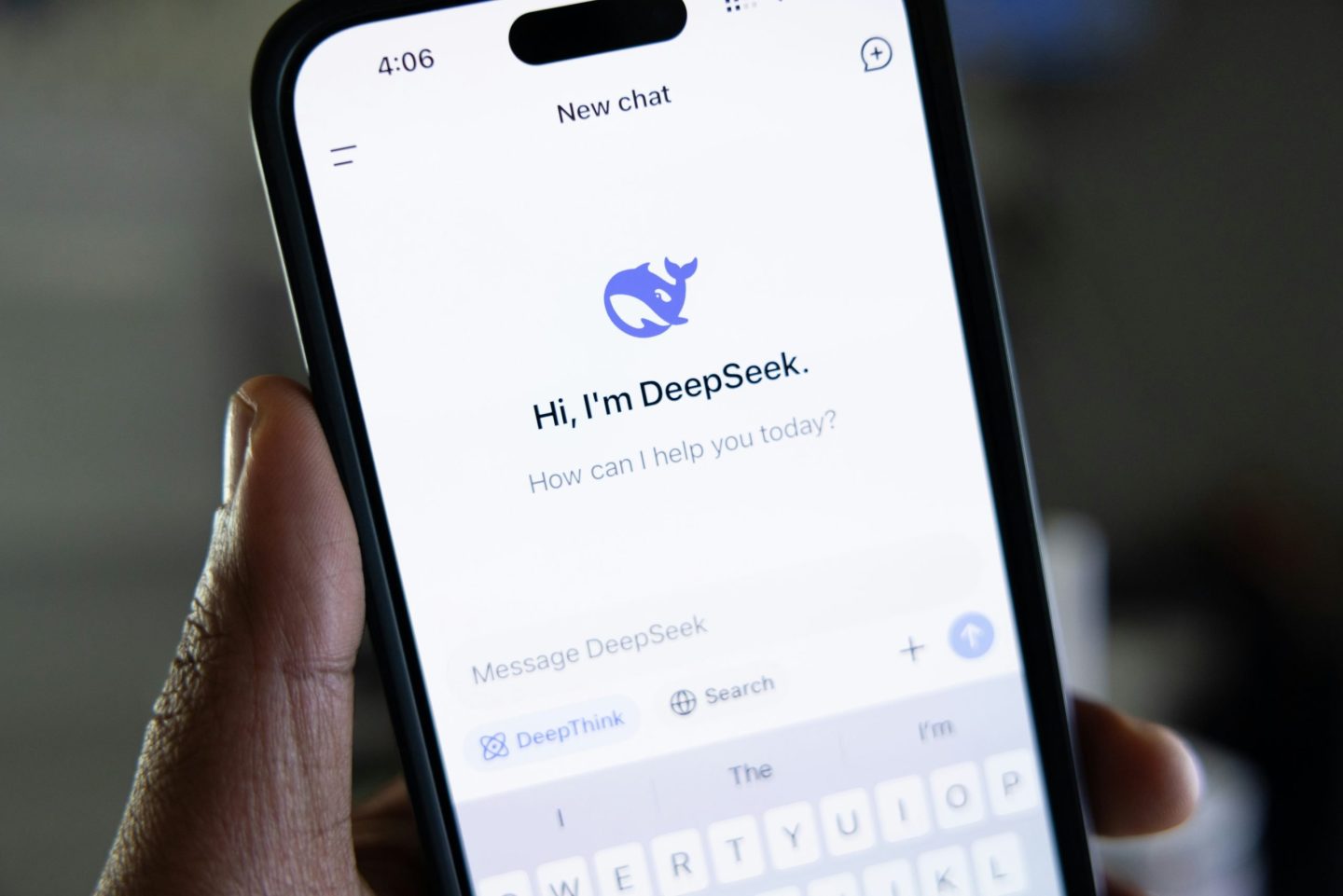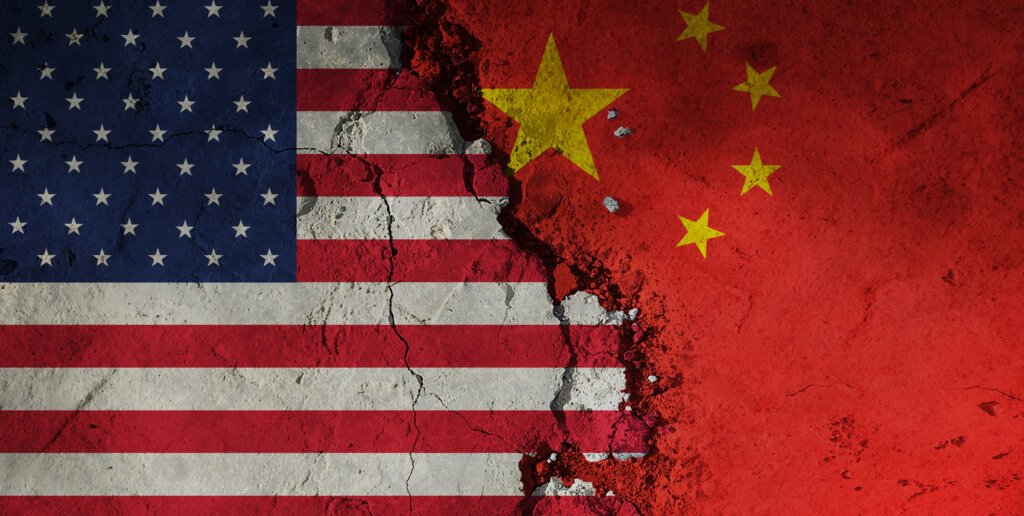- Germany urges removal of Chinese AI app DeepSeek over privacy rules.
- DeepSeek faces growing bans over data concerns.
Germany is the latest country to take action against DeepSeek, the Chinese AI app that’s facing growing scrutiny in Europe and beyond. On June 27, 2025, Meike Kamp, Germany’s federal data protection commissioner, formally asked Apple and Google to remove the app from their German app stores. She said the app was sending personal data from German users to servers in China without meeting European Union data protection rules.
Kamp said DeepSeek hadn’t shown that its data handling complies with the General Data Protection Regulation (GDPR). She also pointed to concerns that Chinese authorities could gain access to user data under China’s laws, which require companies to hand over information when asked. Apple and Google haven’t made a public response.
The request follows months of concern around how DeepSeek handles user data and whether it can be trusted in countries with stricter privacy laws. According to Kamp, her office reached out to DeepSeek earlier this year asking for clarity on where user data is processed and stored. The company failed to respond with sufficient documentation, prompting the formal takedown request.
A broader pattern of global restrictions
Germany joins a list of governments with concerns. Italy banned DeepSeek from app stores earlier this year. The Netherlands, Australia, Taiwan, and South Korea have blocked the app on government devices. In the US, lawmakers are considering federal bans on Chinese-developed AI tools, and some federal agencies have already advised employees not to use DeepSeek.
Some of these restrictions came after government cybersecurity reviews found that DeepSeek’s privacy policy was vague and its data handling practices lacked transparency. In several cases, app permissions requested by DeepSeek included access to microphone and location data, raising further alarms about potential surveillance.
The responses by organisations reflect deeper tensions between countries trying to advance AI adoption and those trying to guard against national security risks. DeepSeek has become one of the first high-profile AI apps from China to face coordinated scrutiny on multiple continents.
Privacy, transparency, and legal concerns
The pressure comes down to privacy, data control, and lack of transparency. DeepSeek hasn’t offered a clear explanation of how it collects, stores, and secures user data. Regulators say that without independent audits or proof of safeguards, there’s too much risk that user information could be misused or accessed by Chinese authorities.
Under EU law, companies that handle the personal data of European citizens must comply with GDPR, which includes clear guidelines on consent, data minimisation, and secure data storage. According to regulators, DeepSeek has failed to meet these requirements. And without a local data centre or a legal entity in the region, the app remains outside the reach of local enforcement.
Deepening divide between China and western regulators
Germany’s concerns reflect a wider rift between Chinese companies and Western regulators. Chinese AI developers have made fast progress, but their entry into Europe and the US is running into more barriers. DeepSeek’s case shows how AI tools are now caught in debates over national security, legal compliance, and public trust.
Some of the scrutiny stems from China’s own cybersecurity laws, which grant its government wide access to data held by domestic companies. Western regulators worry that this creates a legal pathway for user data from other countries to end up in the hands of Chinese authorities.
The tension is playing out not only through bans but also through export controls. The US has imposed restrictions on Chinese firms accessing advanced AI chips and cloud infrastructure. In turn, China has begun promoting homegrown alternatives and encouraging domestic firms to reduce reliance on Western platforms.
APAC reactions reflect regional caution
Other countries in Asia are also taking a hard look at DeepSeek. South Korea’s data protection agency suspended the app’s availability in February, citing unclear protections for user information. Taiwan’s digital ministry advised public-sector workers not to use the app, while Australia restricted use of the app on government devices.
In Japan and India, there have been informal reviews of Chinese-built software, although no public action against DeepSeek has been announced. Officials in both countries have stated that they are monitoring developments in Europe and the US closely.
The decisions show how regulators in the region are becoming more cautious about foreign AI tools – especially when they involve cross-border data storage. The concern is not just with Chinese apps. It’s about making sure that any AI system used locally follows national privacy rules.
What could replace DeepSeek?
Governments that restrict DeepSeek haven’t named official replacements. But they may encourage alternatives that are more transparent about data use and storage. That could include open-source models, locally hosted AI tools, or commercial apps that meet privacy laws and give users more control. European agencies may favour tools built around GDPR rules. US institutions might lean toward homegrown apps with clear reporting and audit options.
Some agencies are exploring smaller models that can be deployed privately on internal systems. Others are encouraging partnerships with academic institutions or public research labs that can build compliant language models for government use. The idea is not just to block unsafe tools, but to build trustworthy alternatives that meet public-sector needs.
DeepSeek’s silence and stalled progress
DeepSeek hasn’t responded to Germany’s latest request. The company has made small moves under pressure in the past – for example, pulling the app from Italy’s app stores and naming legal representatives in South Korea – but hasn’t addressed bigger privacy concerns.
Reports say the company has been working on a new version of its model, DeepSeek R2, but the rollout is delayed. Sources have told Reuters that DeepMind’s team wasn’t satisfied with the model’s performance and was facing limits due to chip restrictions: US export rules have made it harder for Chinese firms to access high-end AI hardware.
Industry analysts say the DeepSeek R2 delay could hurt the company’s ability to respond to growing demand for AI services. Without access to newer chips or major cloud infrastructure providers, DeepSeek may struggle to scale up or improve its performance to match those of its rivals.
Trust, data, and the future of global AI tools
The response to DeepSeek highlights how countries are drawing lines around AI use. In the EU, strict privacy laws shape who can operate and how. In the US, the debate centres more on security and global competition. In Asia, governments are weighing openness with tighter oversight.
For Chinese AI developers, DeepSeek’s case could be a turning point. Countries are no longer willing to accept unclear terms or cross-border risks. Firms looking to expand into global markets now face a clear message: follow local rules, keep data accessible to regulators, and prove your systems are safe.
At the time of writing, DeepSeek is still available in many places. But each new restriction makes it harder for the company to operate internationally without major changes to its policies. If Apple and Google agree to Germany’s request, other countries may take similar steps. That could shut DeepSeek out of much of the European market.
The broader message is that AI tools are now judged by more than just features or performance. Where the data goes, who can see it, and whether users understand what’s happening all matter just as much. And for governments, those answers will determine which apps are available – and which ones aren’t.







